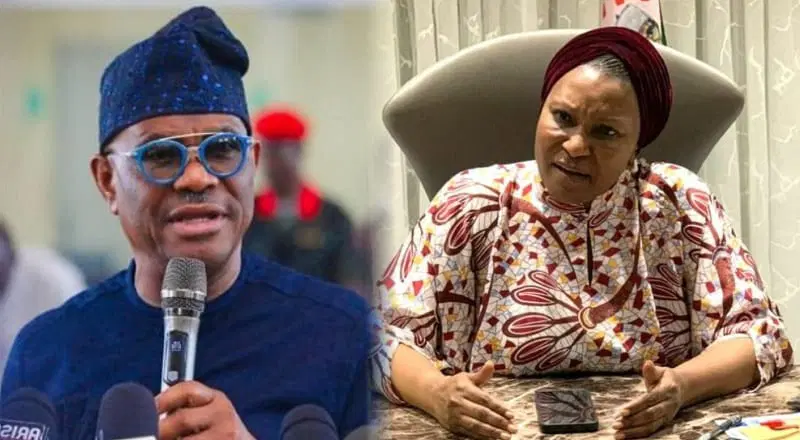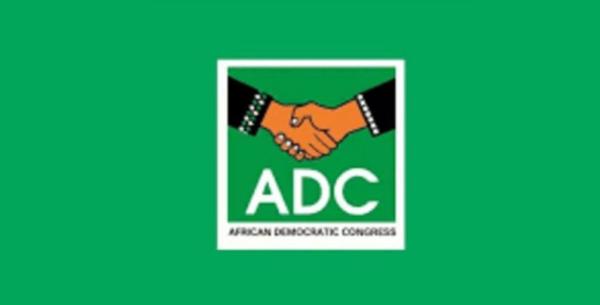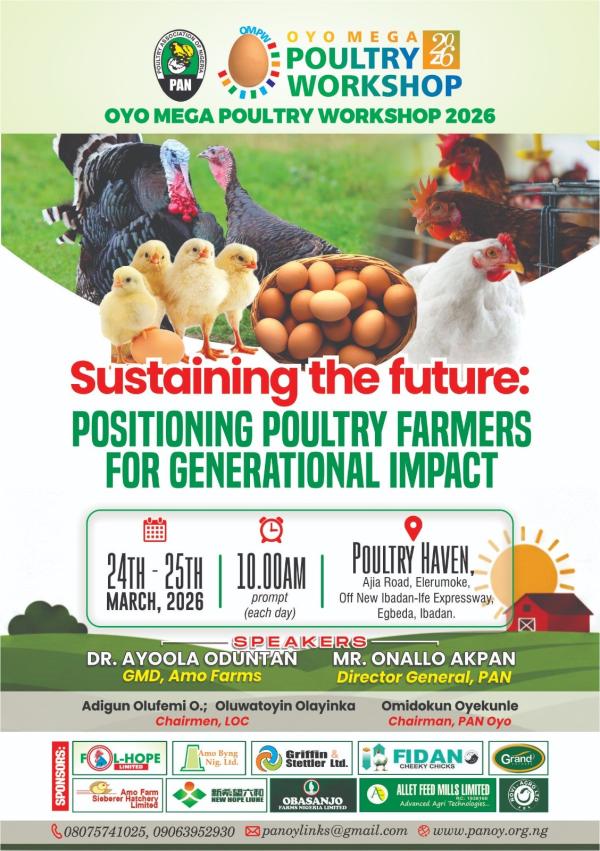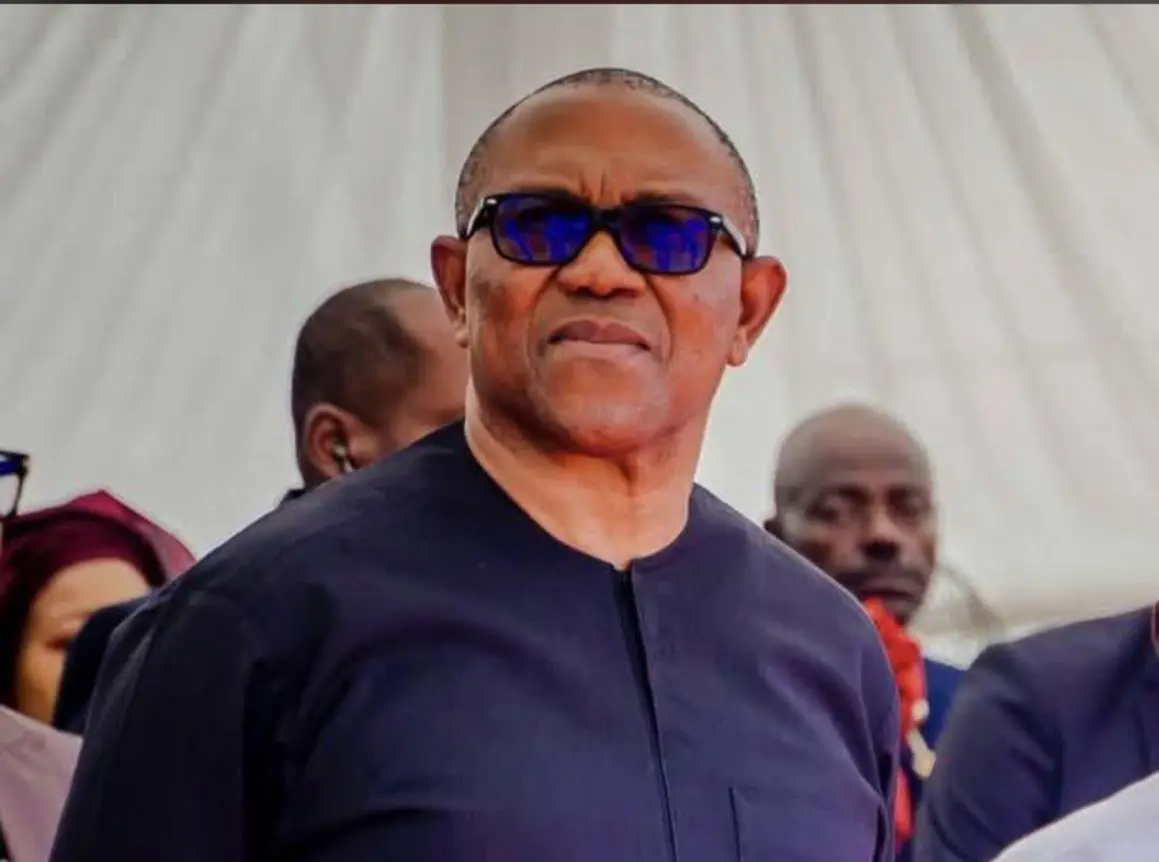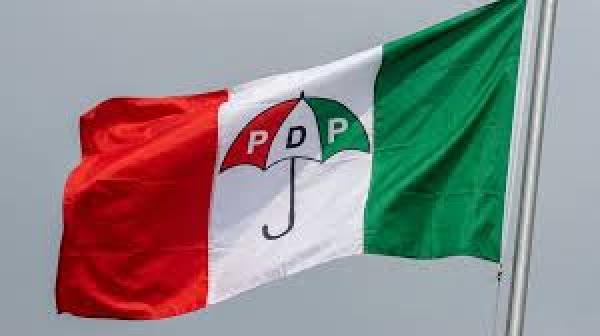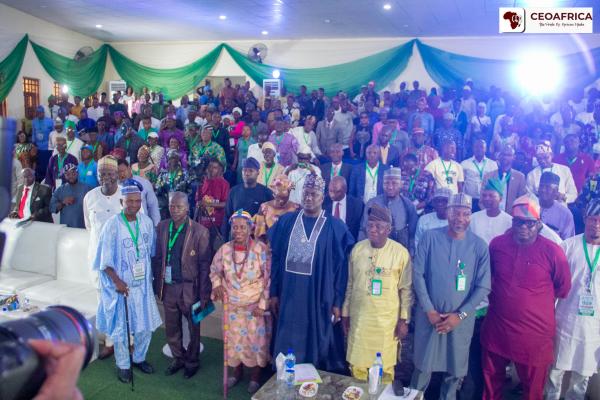
The Federal Ministry of Agriculture and Food Security (FMAFS), in collaboration with the Federal Cooperative College, Eleyele, Ibadan, officially launched its two-day training and workshop event titled "Renewed Hope Cooperative Reform" on April 29, 2025. This significant forum, held at the New Lecture Theatre Hall of the Federal Cooperative College, has gathered trustees, management committees, stakeholders and managers of cooperative societies from across Nigeria, with a particular focus on the South-West region.
This workshop underscores the government's commitment to strengthening cooperative societies, which play a pivotal role in economic development and enhancing community resilience. Key dignitaries present included Senator Dr. Aliyu Sabi Abdullahi, the Honorable Minister of State for Agriculture and Food Security; Dr. Ibrahim Abdulganiyu, Provost of the Federal Cooperative College; Prof. Veronica Obatolu, Director of the Institute of Agricultural Research and Training (IAR&T); Dr. Adekoya Olatunde Owosibo, Provost of the Federal College of Animal Health and Production Technology (FCAH&PT); Prof. Atanda Muhammed Lawal, Executive Director of NIHORT; Prof. Jonathan Atunwo, Provost of the Federal College of Agriculture; Eld. Chief Felix Ajibode, President of Oodua Cooperative Conglomerate; Prof. Emeritus Queen Victoria Adeyeye, National President of Agro-Allied Community of Cooperative Nigeria Ltd; and Directors of Cooperatives from each state in the South-West region.
In his welcome address, Dr. Abdulganiyu emphasized the significance of the initiative. "This event isn't only timely but also represents significant pathways for economic growth, inclusive development, and institutional reforms. The Renewed Hope Agenda of President Bola Tinubu marks a bold step in reinvigorating the cooperative sector. The Federal Ministry of Agriculture and Food Security has displayed visionary leadership in conceptualizing this program," he stated.
He urged stakeholders to take the lessons from the workshop back to their states, encouraging them to share their experiences and embrace the new strategies outlined by the present administration for reforming cooperative societies. As part of the proceedings, the Honorable Minister was invited to lay the foundation for the Cooperative Innovation and Empowerment Centre (CIEC), which aims to serve as a dynamic platform for developing innovative cooperative models, capacity building, digital integration, and youth empowerment.
In his keynote address, Senator Abdullahi spoke about the importance of cooperation in achieving national goals. "Mr. President's Renewed Hope Agenda for the sub-sector focuses on enhancing food security, creating jobs, and improving social and economic development through cooperative societies, ultimately bringing prosperity to all," he noted. He reiterated the global significance of cooperatives, describing them as a tested and proven way of doing business that fosters community development. "The Cooperative Business Model is known as a viable alternative to traditional business models that primarily seek to maximize profit for investors," he pointed out.
Senator Abdullahi also highlighted findings from the Cooperative Rating and Award Society of Nigeria (CRASoN) CoopCOUNT Survey conducted in 2021, which revealed that while there are over 370,000 registered cooperative societies in Nigeria, many remain dormant. "Currently, only a few active cooperatives boast a collective membership exceeding 21 million. These active cooperatives have mobilized over a trillion naira in share capital and savings, significantly contributing to Nigeria's economy," he stated.
He announced several initiatives aimed at reforming the cooperative sector, including a technology-enabled cooperative registration and supervision process, as well as the establishment of a big data collection system to address existing data challenges. "We aim to review the Nigerian Cooperative Societies Act N98 LFN 2004 and to launch a new national policy for cooperative development, which will facilitate the establishment of a bank for cooperative societies that will be owned and governed by the cooperators themselves," he explained.
In an exclusive interview with CEOAFRICA, Mr. Olanrewaju Kazeem, a participant in the forum, expressed optimism about the cooperative movement's future. "Over the years, the cooperative movement has been lagging behind, but with this forum, we believe things are going to improve. Bringing cooperative societies into the Renewed Hope Agenda is the right step to take. A lot has to be done for cooperatives to reposition themselves as legitimate businesses rather than mere credit organizations," he said.
Another participant, Mr. Adekunle Oloyede, emphasized the need for government support for farmers. "We as farmers expect the government to empower cooperative societies. The Honorable Minister is doing a wonderful job helping the president eradicate poverty and enhance food security in Nigeria," he remarked.
As the first day of the workshop continues, attendees are keen to engage in discussions on the challenges faced by their cooperatives and explore innovative solutions that will enhance their operations and impact. The workshop serves as a promising platform for collaboration among stakeholders, fostering discussions that aim to revitalize the cooperative movement in Nigeria.
With an agenda focused on sharing best practices, addressing common challenges, and exploring collaborative opportunities, participants are encouraged to engage actively throughout the session. The event not only represents an opportunity for networking but also aims to ignite a spirit of innovation and reform within the cooperative sector.
As the workshop unfolds, the Federal Ministry of Agriculture and Food Security emphasizes its dedication to providing continuous support for cooperative societies, reinforcing the vital role they play in national development. "We recognize the potential of cooperatives to drive economic growth and social change in our communities," remarked Senator Abdullahi. "Our commitment extends beyond this workshop. We are committed to implementing the reforms necessary to ensure that cooperative societies can thrive in today’s economy."
The first day concludes on a hopeful note, highlighting the collective determination of participants to work towards a more robust and effective cooperative system in Nigeria. As discussions continue into the second day, the anticipation is high for the practical insights and frameworks that will emerge from this gathering, ultimately paving the way for a more empowered cooperative movement that can contribute significantly to Nigeria’s economy and social fabric.












